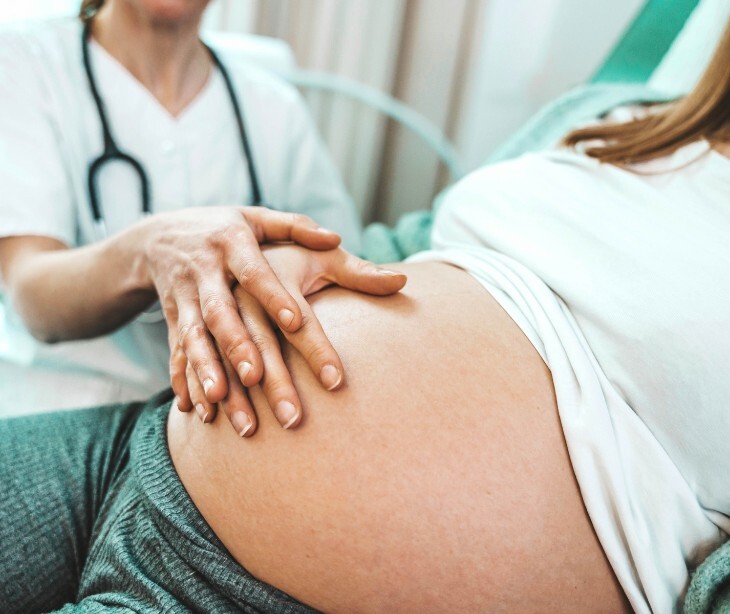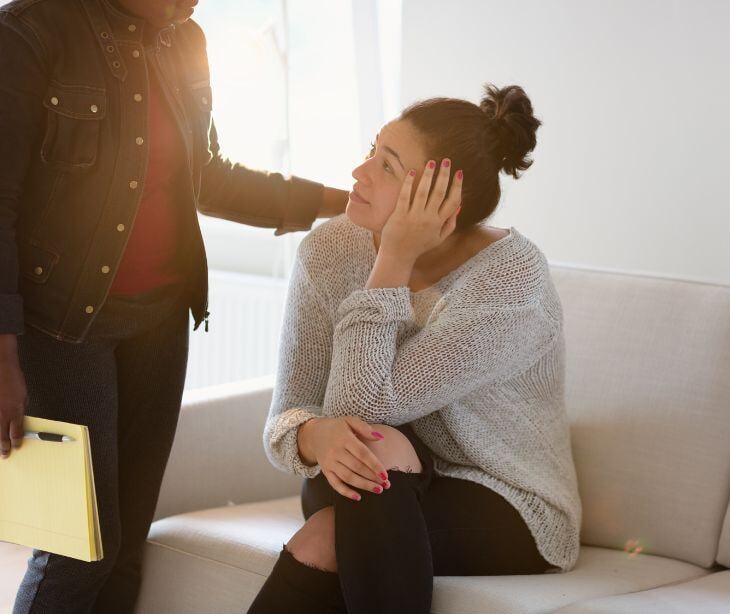2 min read
Biden-Harris Administration invests in women’s mental health
Farah Amod
Jul 16, 2024 11:46:38 AM
.jpg)
The Biden-Harris Administration recently announced a $27.5 million investment to improve women’s mental health.
What happened
In partnership with the Substance Abuse and Mental Health Services Administration (SAMHSA), the U.S. Department of Health and Human Services (HHS) has announced that $27.5 million will now go towards projects that improve women’s mental health and well-being.
The investment is made possible by President Biden's American Rescue Plan, which aims to tackle the mental health and overdose crisis–two key pillars of the President's Unity Agenda.
Funding will support a multifaceted approach to enhancing women's behavioral health, including expanding access to services and strengthening the capacity of providers to address mental health conditions, substance use, and gender-based violence.
Addressing maternal behavioral health
Nearly $1 million has been awarded to two grant recipients as part of the Services Program for Residential Treatment for Pregnant and Postpartum Women, an initiative to help new and expectant mothers receive the support and services they need.
Investing in Community-Based Solutions
With a $15 million allocation, the Community-Based Maternal Behavioral Health Services Program will improve access to timely, culturally relevant, and evidence-based maternal mental health and substance use treatment. By strengthening community referral pathways and providing seamless transitions in care, this program will address the inequities that often hinder women's access to quality behavioral health services.
Enhancing Provider Capacity
The Women's Behavioral Health Technical Assistance Center, with a $12.5 million investment, will focus on enhancing the capacity of women's behavioral health providers and general health practitioners. The initiative will help improve access to mental health and substance use treatment.
What was said
"Ensuring the mental health and well-being of expectant and new mothers is a top priority for the Department of Health and Human Services," said HHS Secretary Xavier Becerra. "By funding community-based maternal behavioral health services, we can offer critical support to women and ultimately invest in America's families."
Dr. Miriam E. Delphin-Rittmon, HHS Assistant Secretary for Mental Health and Substance Use and the leader of SAMHSA, added, "Women in all stages of life face unique challenges when it comes to mental health and substance use conditions and accessing quality behavioral health care. This funding invests in whole person care for women and mothers, and addresses issues of access and other inequities with critically needed resources."
Why it matters
The Biden-Harris Administration's investment in women's behavioral health represents a step forward in addressing the unique challenges and inequities some women face.
By expanding access to services, enhancing provider capacity, and supporting community-based solutions, this funding will have a profound impact on the mental well-being of women, particularly those in the perinatal and postpartum stages.
Ultimately, these initiatives support individual health and strengthen the foundations of America's families and communities. By prioritizing women’s mental health and well-being, the Administration is investing in the nation’s future, ensuring all individuals have the resources and support they need to thrive.
FAQs
Who is eligible to benefit from the funding announced by SAMHSA?
Eligibility typically extends to organizations and programs focused on improving women's mental health and well-being, including those addressing maternal behavioral health and substance use treatment.
How can healthcare providers and organizations apply for funding under these initiatives?
Application procedures and criteria for grants are outlined by SAMHSA.
What are the expected outcomes of these initiatives?
The initiatives will expand access to services, enhance provider capabilities in addressing women's mental health challenges, and reduce disparities in care. Under the initiatives, mental health for women will ideally improve, particularly for those in the perinatal and postpartum stages.




